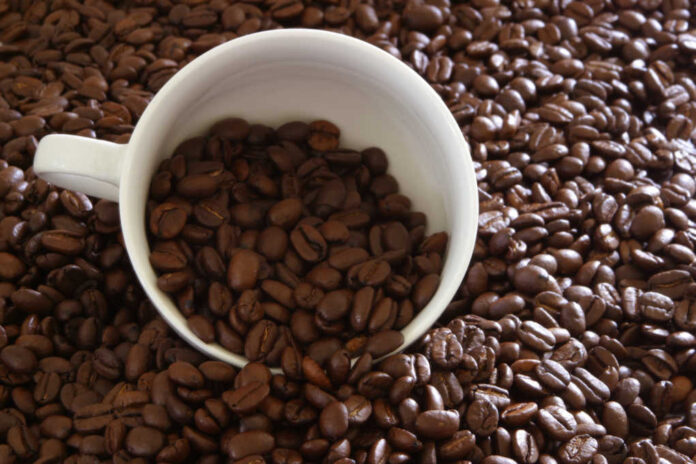
Caffeine helps many of us use to get through the day.
It boosts our energy and alertness, but too much at the wrong times can backfire and cause problems.
When the caffeine wears off, you might experience unpleasant effects, such as headaches, fatigue, and irritability.
The good news is that there are ways to prevent this infamous “coffee crash.”
Don’t Neglect Quality Sleep
We should always take care of our health and energy levels by ensuring we get plenty of high-quality sleep. It will be even harder to fight off fatigue when our sleep is poor.
You might think that caffeine is a helpful tool for pushing through exhaustion and lack of sleep, but this is only a short-term solution. Coffee is not a substitute for rest.
Once you’ve gotten into the habit of drinking coffee every day to mask your fatigue and keep yourself going, it can become a real problem.
Every time the caffeine wears off, you’ll feel less energized and exhausted. You might find yourself relying on it even more often, and skipping your daily dose could leave you struggling to function.
Don’t drink coffee in the evening. Try drinking it earlier in the day so that your body has time to process and eliminate it before bedtime.
It is common for poor sleep caused by underlying stress. Therefore it’s essential to fix the root of the problem rather than covering up symptoms with caffeine.
Reduce Your Daily Intake
If you feel exhausted and irritable during the day, take a look at how much caffeine you’re drinking. You might think it’s because you’re not consuming enough caffeine, but the problem could be the opposite – maybe you are drinking too much.
When you drink caffeinated drinks every day, you build up a tolerance. It takes more and more caffeine to get you going and keep away the withdrawal symptoms.
It’s much better to cut back to reasonable levels. If you adjust to drinking less, smaller amounts can have a more substantial effect and likely minimize the crash.
Too much caffeine can make you more stressed, anxious, and irritable, further disrupting your sleep and possibly leading to other health issues.
You might want to try tea instead of coffee or soda. Tea tends to be lower in caffeine, and it also contains valuable antioxidants that help you fight off exhaustion, stress, and inflammation.
If you can cut out caffeine completely, you’ll likely feel more energized and healthy after you get past the first few days of withdrawal. The only accurate way to guarantee that you don’t crash from the high of caffeine is not to drink it in the first place.
But if you can’t seem to go without your caffeine fix, then the best thing to do is drink it in moderation, get plenty of good sleep, and eat a healthy diet.






















